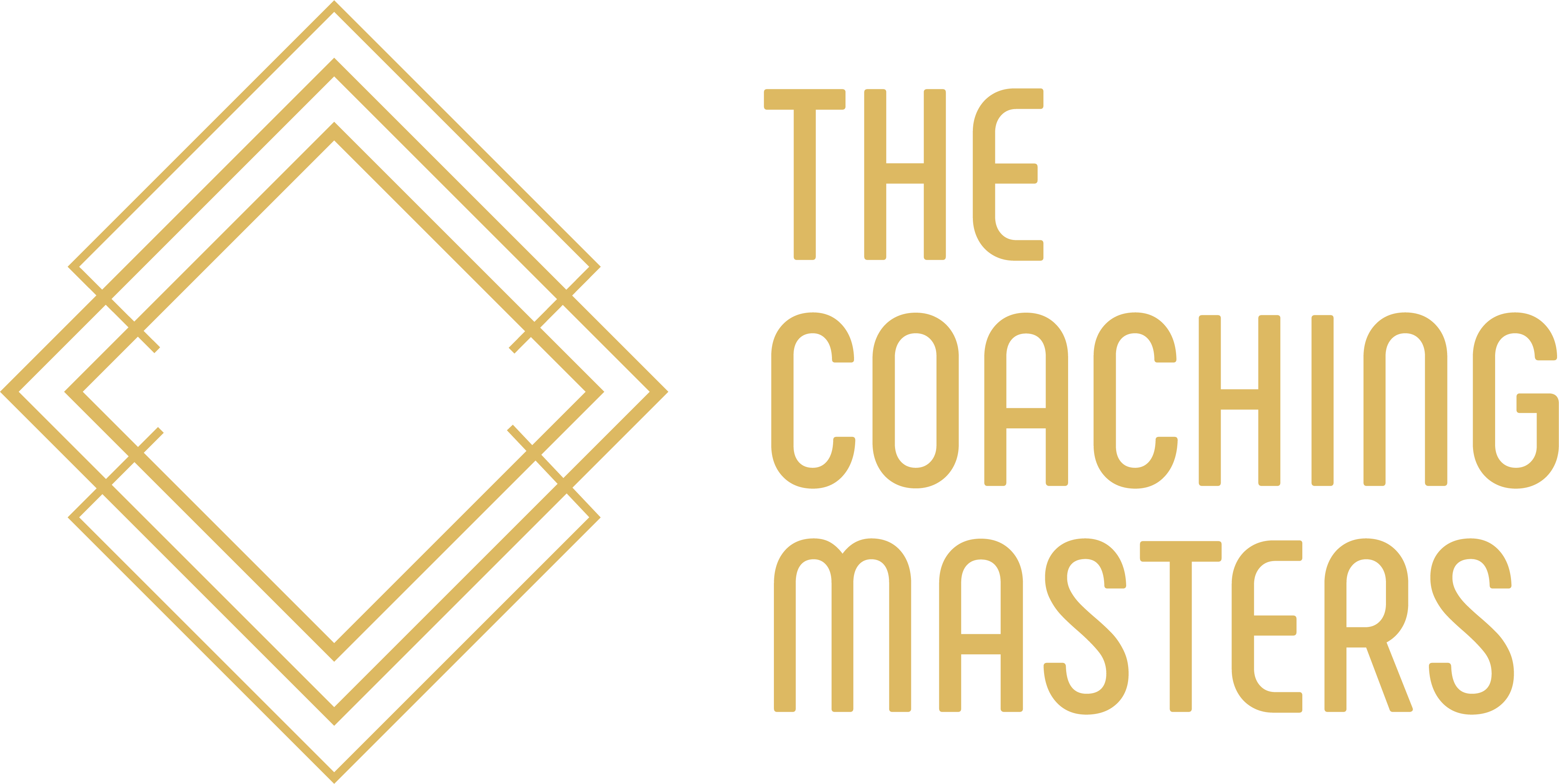Recognising and Addressing Disrespect: Six Common Behaviours and How to Respond

1. Ignoring Personal Boundaries
Respecting personal boundaries is fundamental in any relationship. When individuals disregard your limits—be it time, space, or emotional thresholds—it signifies a lack of respect. For instance, consistently interrupting your personal time or invading your privacy without consent are clear violations. Such actions can lead to feelings of frustration and helplessness. Establishing and communicating clear boundaries, and reinforcing them when breached, is crucial for maintaining self-respect and mutual understanding.
2. Dismissing or Interrupting Communication
Effective communication involves active listening and validation. When someone frequently interrupts or dismisses your thoughts and feelings, it undermines your value in the conversation. This behavior can be particularly damaging in close relationships, leading to feelings of insignificance and resentment. Addressing this requires assertive communication, expressing how such interruptions affect you, and requesting more respectful dialogue.
3. Invalidating Emotions
Emotional invalidation occurs when someone downplays or rejects your feelings, suggesting they are unwarranted or exaggerated. Comments like “You’re overreacting” or “It’s not a big deal” can be deeply hurtful, making you question your emotional responses. Consistent invalidation can erode self-confidence and emotional well-being. It’s important to surround yourself with individuals who acknowledge and respect your feelings, and to communicate openly about the impact of invalidation.
4. Breaking Promises and Commitments
Reliability is a cornerstone of trust. When someone habitually breaks promises or fails to follow through on commitments, it signals a lack of respect for your time and expectations. This behaviour can lead to disappointment and a breakdown in trust. Addressing this involves discussing the importance of commitments and the impact of broken promises on the relationship.
5. Engaging in Deceptive Behaviour
Honesty is essential for healthy relationships. When individuals lie, withhold information, or manipulate facts, it constitutes a profound form of disrespect. Deceptive behaviour not only damages trust but also undermines the foundation of mutual respect. Confronting dishonesty requires open dialogue about the importance of transparency and the consequences of deceit.
6. Offering Backhanded Compliments
Backhanded compliments are statements that appear positive but contain underlying insults. Examples include remarks like “You’re smarter than you look” or “I didn’t expect you to do so well.” Such comments can be confusing and hurtful, leaving you questioning the speaker’s intentions. Recognising these as forms of disrespect is important, and addressing them involves seeking clarification and expressing how such remarks affect you.
In Summary
Disrespectful behaviors, whether subtle or overt, can significantly impact your emotional health and relationships. Recognizing these behaviors is the first step toward addressing them. By setting clear boundaries, communicating openly, and seeking supportive relationships, you can foster an environment of mutual respect and understanding. Remember, you deserve to be treated with dignity and respect in all your interactions.
Click the link below to book your free clarity call or free virtual coffee chat.
Grab a copy of our newletter by completing the form below, this will then be sent to your inbox every month.
My Affirmation For The Week
"Creativity is contagious. Pass it on."









